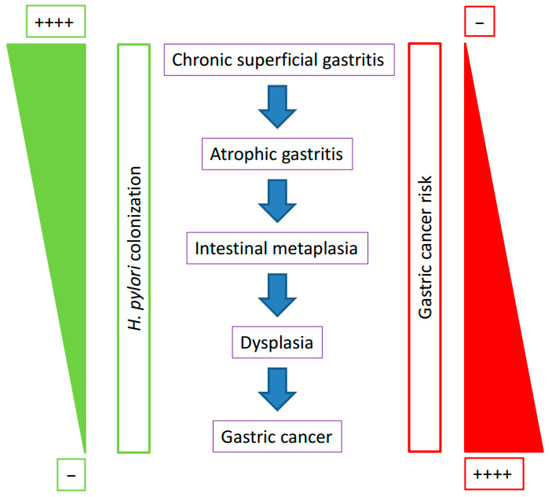

Instead of acquiring new features that would make us better suited to the e n v i r o n m e n t, we found that we could start changing the e n v i r o n m e n t to better suit us - and that turned out to be even more efficient. T h i s was a mutation that served an entirely different purpose: instead of adapting to the e n v i r o n m e n t in the process of natural selection, we started adapting the e n v i r o n m e n t to us. How did that happen, and how is it then that we, and not the chimps, have spread around all the Earth? Apparently at some point a mutation put us on a different track. S o the chimps are further ahead than we are in their adaptation to the e n v i r o n m e n t. Apparently it was the chimps that departed from LIS now that we have the macaques as the starting point, we can see that the chimp's genome has way more mutations than ours. Yes, the macaque is our c o m m o n ancestor, and it might be expected that, together with the chimps, we c o n tinued with our natural selection some 23 million years ago until, some 6 million years ago, we departed from the chimps to c o n t i n u e our further search for better adaptation.

Previously it has been already reported that chimpanzees share about 9 6 percent of their genes with us. It turns out that macaques share about 93 perc e n t of their genes with us, humans. Preface Why? A s 1 am finishing this book, Science magazine is running a special issue about the sequencing of the macaque genome. O p e n - s o u r c e, w e b t e c h n o l o g i e s a n d d e c i s i o n support Participatory a n d adaptive m o d e l i n g Water M o d e l i n g as a hydrology p r i m e r To those who led - my parents, and to those who follow

Working together to grow libraries in developing countries ELSEVIER (Printed and bound in C h i n a 0 8 0 9 10 11 12 Typeset by C h a r o n T e c Ltd., A M a c m i l l a n Company.
#Vir2 electri6ity gibberish text in settings verification
Because of rapid advances in the medical sciences, in particular, independent verification of diagnoses and drug dosages should be made L i b r a r y of C o n g r e s s C a t a l o g i n g in P u b l i c a t i o n D a t a A catalog record for this book is available from the Library of Congress B r i t i s h L i b r a r y C a t a l o g u i n g in P u b l i c a t i o n D a t a A catalogue record for this book is available from the British Library ISBN: 978-0-12-372583-7ġ For information on all A c a d e m i c Press publications visit our web site at Notice N o responsibility is assumed by the publisher for any injury and/or damage to persons or property as a matter of products liability, negligence or otherwise, or from any use or operation of any methods, products, instructions or ideas c o n t a i n e d in the material herein. All rights reserved N o part of this publication may be reproduced, stored in a retrieval system or transmitted in any form or by any means e l e c t r o n i c, m e c h a n i c a l, photocopying, recording or otherwise without the prior written permission of the publisher Permissions may be sought directly from Elsevier's S c i e n c e & T e c h n o l o g y Rights Department in Oxford, U K : phone ( + 4 4 ) ( 0 ) 1865 8 4 3 8 3 0 fax ( + 4 4 ) ( 0 ) 1865 8 5 3 3 3 3 email: Alternatively you can submit your request o n l i n e by visiting the Elsevier web site at locate/permissions, and selecting Obtaining

Systems Science and Modeling for Ecological Economics Alexey VoinovĪ c a d e m i c Press is an imprint of Elsevier 8 4 Theobald's Road, London W C 1 X 8 R R, U K 3 0 Corporate Drive, Suite 4 0 0, Burlington, M A 0 1 8 0 3, U S A 5 2 5 B Street, S u i t e 1900, S a n Diego, C A 9 2 1 0 1 - 4 4 9 5, U S A First edition 2 0 0 8 Copyright © 2 0 0 8, Elsevier Inc. Systems Science and Modeling for Ecological Economics


 0 kommentar(er)
0 kommentar(er)
